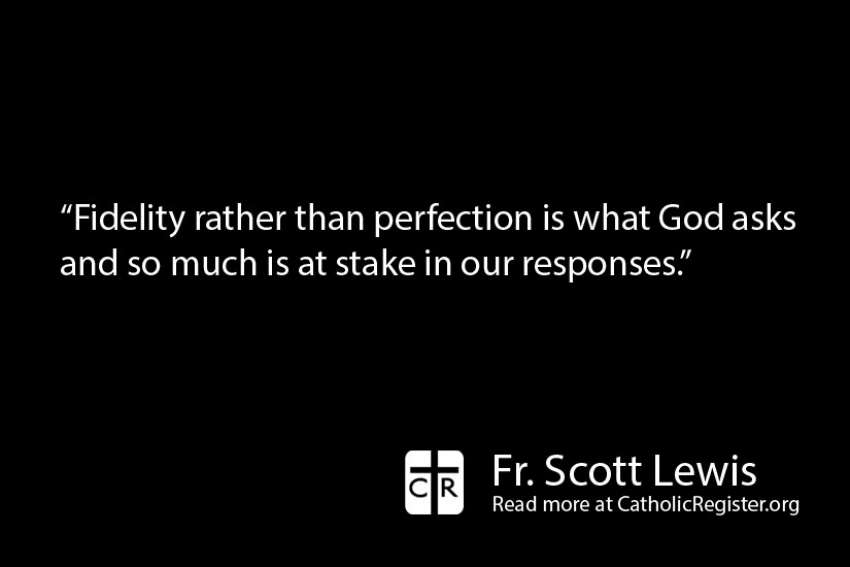If the bridge were out and the train approaching, we would hopefully try to flag it down. If a tsunami was imminent, we would warn people to get to higher ground. We would not dream of just sitting by and letting the disaster unfold.
It was the same with the prophets of ancient Israel. They had the unpleasant and thankless task of warning the people of impending judgment and disaster so they would have an opportunity to reform their lives.
Zephaniah prophesied during the reign of King Josiah (640-609 B.C.), but probably just before Josiah’s great reforms in 621 B.C. It was a time of turmoil and great fear — superpowers were on the move, gobbling up and enslaving smaller nations. Zephaniah saw disaster taking shape on the horizon and he interpreted this as the approaching judgment of God.
He was acutely aware of the sinfulness, injustice and callousness of his own nation and society. Worst of all, this was all wrapped up in a hypocritical cloak of religious piety and self-delusion. In other words, they had a lot in common with modern nations and societies.
He pleaded with the people to find their way once again — the way of God. The way did not demand superhuman feats of holiness, perfection or asceticism. He called for decency, honesty, humility and the desire to live an upright life.
A collective change of heart could avert disaster, but the prophet was under no illusions. He seemed to know that disaster would not be averted, but he injected a strong element of hope into the prophecy. These things may happen, but there would always be a core group he called the faithful remnant that would provide the seed for a reborn people and nation.
Societies, nations, kingdoms and empires rise, fall and pass away, only to be reborn. Those few that take the ways of God to heart and live them out will always be the foundation of the new.
That is why it is so vital, especially in a time of great uncertainty, chaos and fear, to remain focused on who we are and what we stand for.
Fidelity rather than perfection is what God asks and so much is at stake in our responses. Our decision each day to lead a righteous and godly life will have consequences for generations to come.
Paul followed in the same vein when he exhorted his community to consider their own calling. None of them was great by worldly standards and Paul made clear elsewhere in the letter that the previous lives of many were highly questionable, to say the least.
No matter — they were now in Christ and God was the source of their holiness and righteousness. There was no reason to feel proud, for it was the work of God. Paul’s advice was to be grateful and continue on the path to which you have been called.
The quest for superhuman powers is a constant theme in popular literature and entertainment. Having obtained secret knowledge or extraordinary powers, the heroes become champions for justice, truth and goodness. How realistic is this? Not very, unless we want to consider a different approach.
The Beatitudes of the Sermon on the Mount have moved and inspired people for centuries, but seldom have they really been put into practice. They are often seen as hopelessly utopian and unrealistic. The few who have taken them to heart, however, have accomplished great things.
We can call to mind St. Francis, Gandhi, Mother Teresa or Martin Luther King. That is because the Beatitudes represent the spiritual principles at the core of God’s universe. Properly used, they are powerful and effective tools for transformation. They provide the leverage with which the world can be moved.
Humility, non-violence, mercy, purity of heart, active peacemaking, empathy, a hunger and thirst for justice and righteousness, and a willingness to endure persecution for these things are a force that cannot be resisted or overcome.
The Beatitudes are the treasure and spiritual dynamism of our faith tradition. These life principles are all expressions of the one basic force that binds our universe together: love.
Our world will be healed only when we begin to take them seriously.


